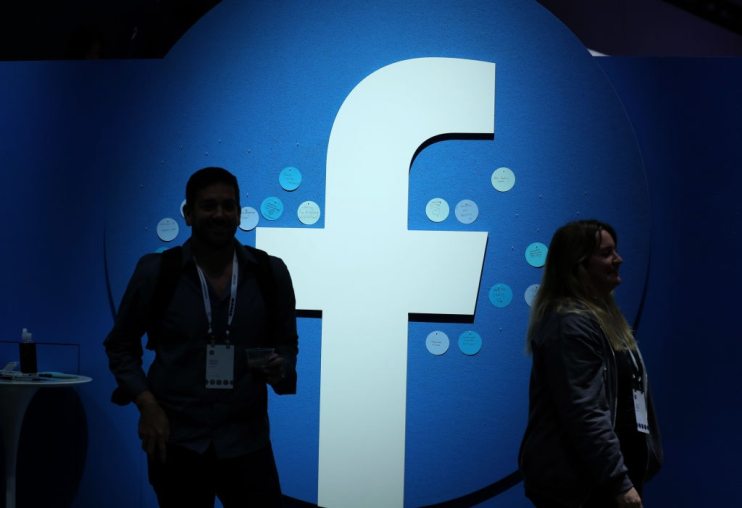Facebook’s no fact-checking for VIPs policy will fuel conspiracy theories – the tech titan needs to come clean

Fact-checking has been a key part of Facebook’s fight against misinformation – I should know, I used to be one of their fact-checkers. What’s more: it works.
And yet, this week in one fell swoop, Facebook has managed to both fuel the fire of conspiracy theories and seriously undermine its own fact-checking programme.
Emails from users like “Could you please fact-check your fact-checker organisation?” were a fairly routine part of working for one of Facebook’s third-party partners.On any given day, I was accused of being a liberal stooge, conservative hack or satan-loving servant of the all-powerful deep-state that controls governments, the media, pharmaceutical companies and, most importantly, tech companies.
Those accusations were easy to ignore. Our work was fair, forensic and always went through a robust editing process. If you couldn’t back up your fact-check with multiple clear and reliable sources, you weren’t publishing. It was good work.
So, when the Wall Street Journal revealed Facebook’s XCheck programme, where the platform had secretly “whitelisted” millions of “VIP” accounts, making them exempt from enforcement action and allowing them to post content that would have otherwise been fact-checked, it was a pretty bitter pill to swallow.
Some of history’s most successful conspiracy theories share a common thread: a secret all-powerful “cabal” pulling the strings of society, dictating one set of rules for shadowy elites and another for the rest of us. For John Robison in 1798 it was the freemason “illuminati”. For those who believe in the QAnon conspiracy theories in 2021, it’s a group of satan-worshipping pedophiles who operate the “deep-state” and can only be stopped by Donald Trump.
XCheck isn’t a wild global conspiracy – it’s an example of how high-profile users with large followings, who generate a lot of income for Facebook, were able to operate on social media above Facebook’s own terms and conditions. The notion that there’s a special set of rules for “elite” users on Facebook will act as gasoline for conspiracy theories. This is a damaging precedent eroding the all-important trust in the work the platforms’ own fact-checks are doing.
Once lost, that trust will be hard to win back. Users sceptical of Facebook’s perceived collusion with “the elite” could be tempted onto smaller social media platforms, where misinformation is allowed to spread entirely unchecked.
Facebook have said that “false news is harmful to our community, it makes the world less informed, and it erodes trust,” And yet, as recently as July, Facebook continues to recommend broad networks of anti-vaccine and health misinformation pages to users, according to a NewsGuard report for the World Health Organisation. The report clearly showed that the platform had not taken action against pages and groups that were shown to be spreading dangerous health misinformation.
Facebook’s code for content moderation and fact-checking should be made public. Transparency only ever builds trust, and only with trust can you fight conspiracy theories and misinformation. Facebook has a wealth of knowledge access to them on misinformation: Where does it come from? How does it spread? Who is spreading it? Which websites? How many people have seen various categories of misinformation – starting with that related to the Covid-19 vaccine? Most importantly, how many people get most of their news about the virus from misinformation sites publishing hoaxes? The social media titan has the ability to help us address this, and yet they stay silent.
The Culture Secretary described Facebook and social media companies as “the new town square.” It’s about time these giants became more accountable to the public, and to the democratic institutions that represent us.